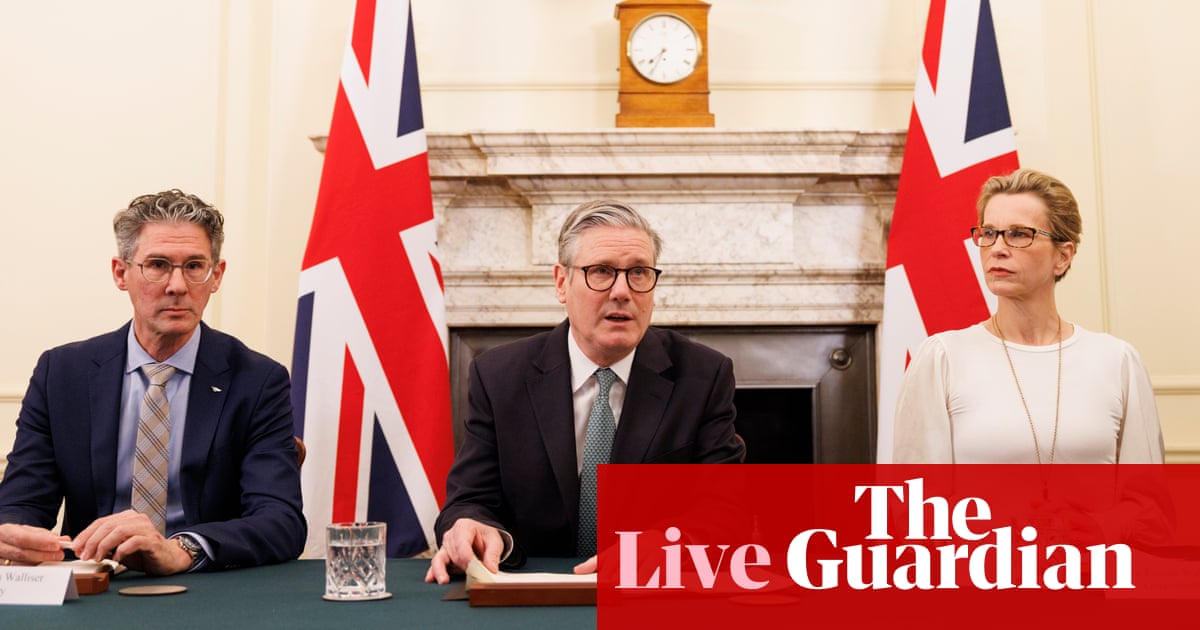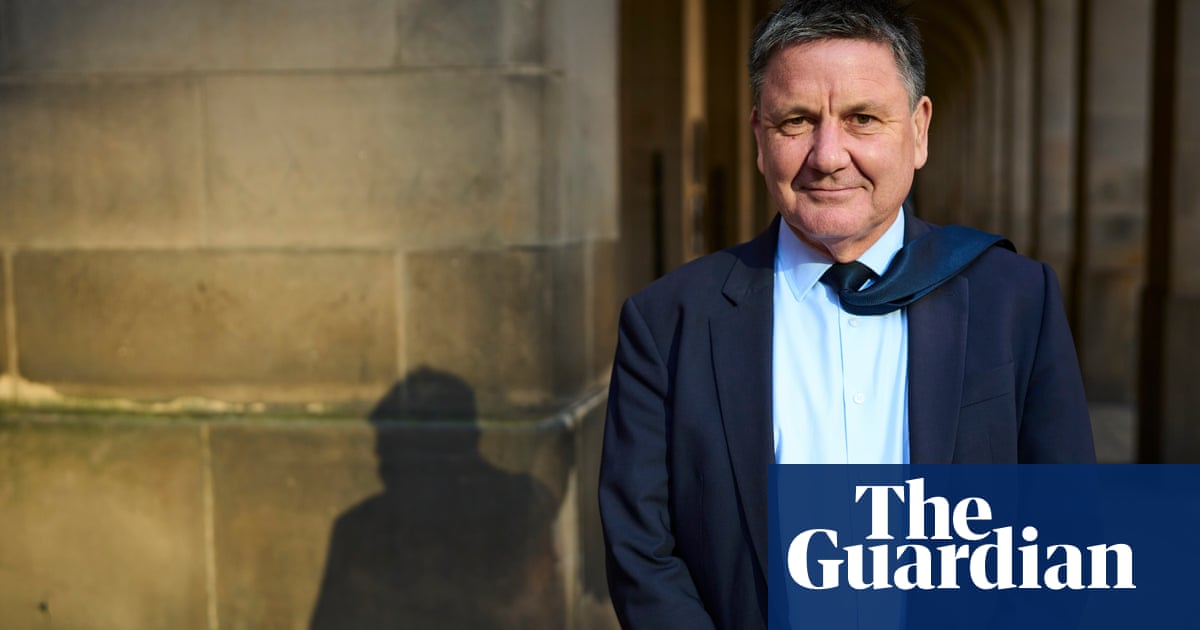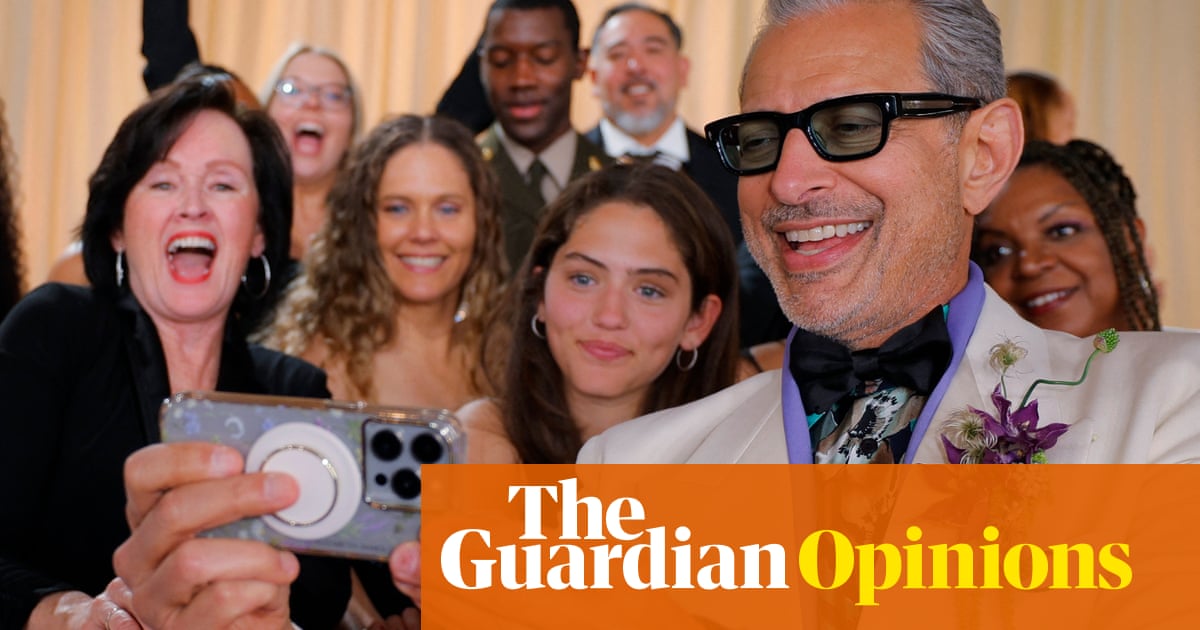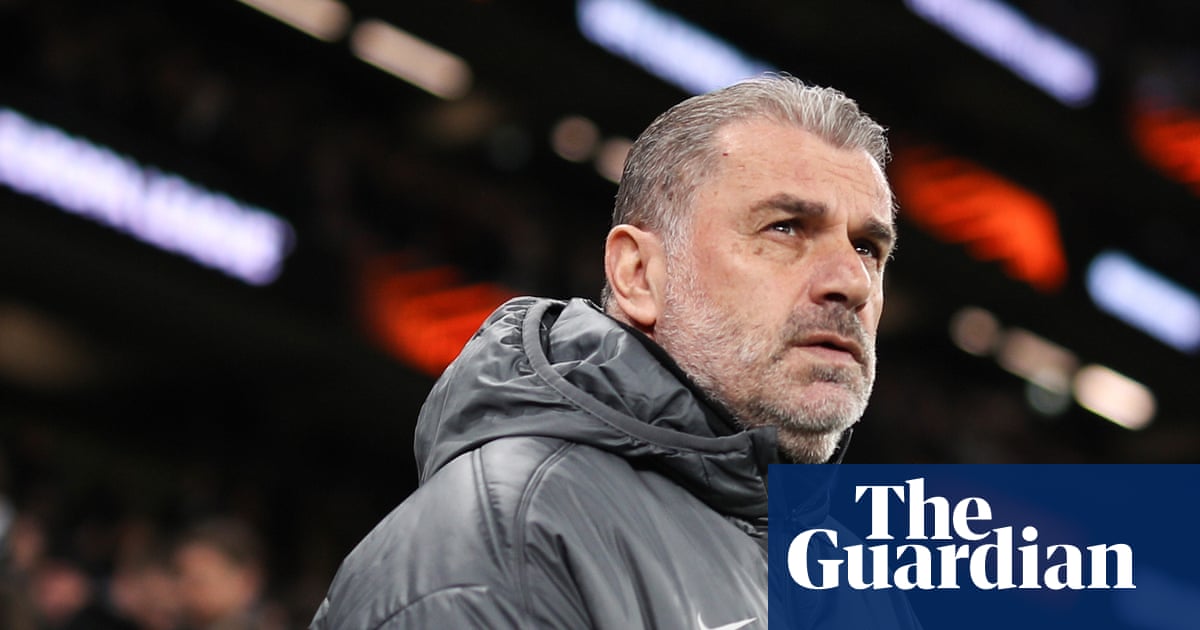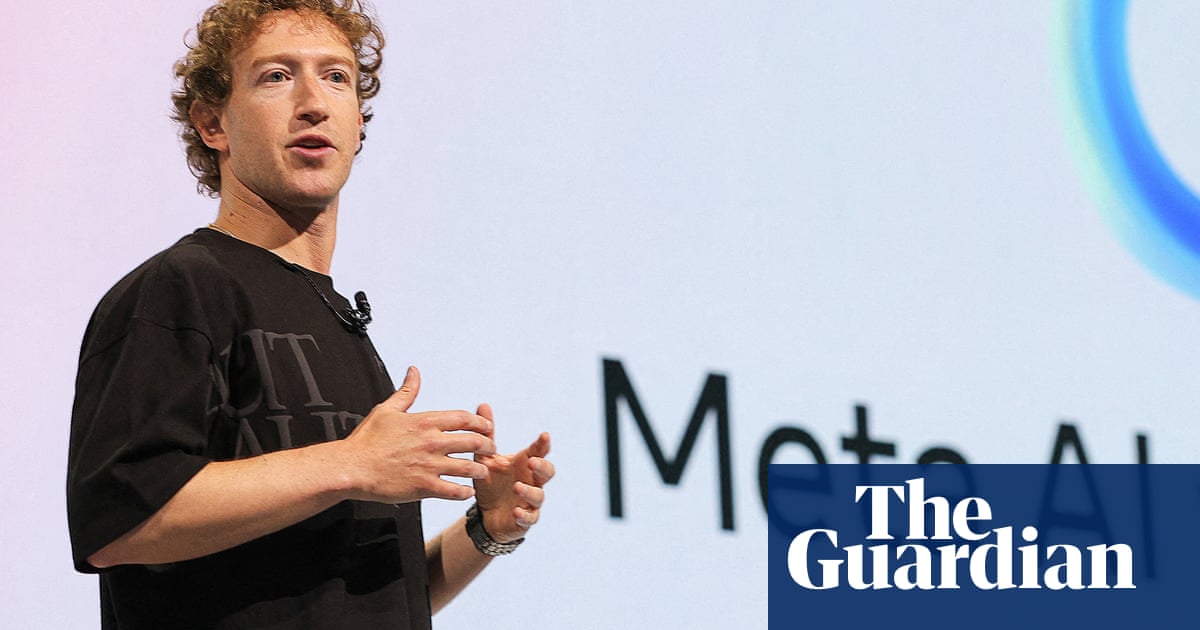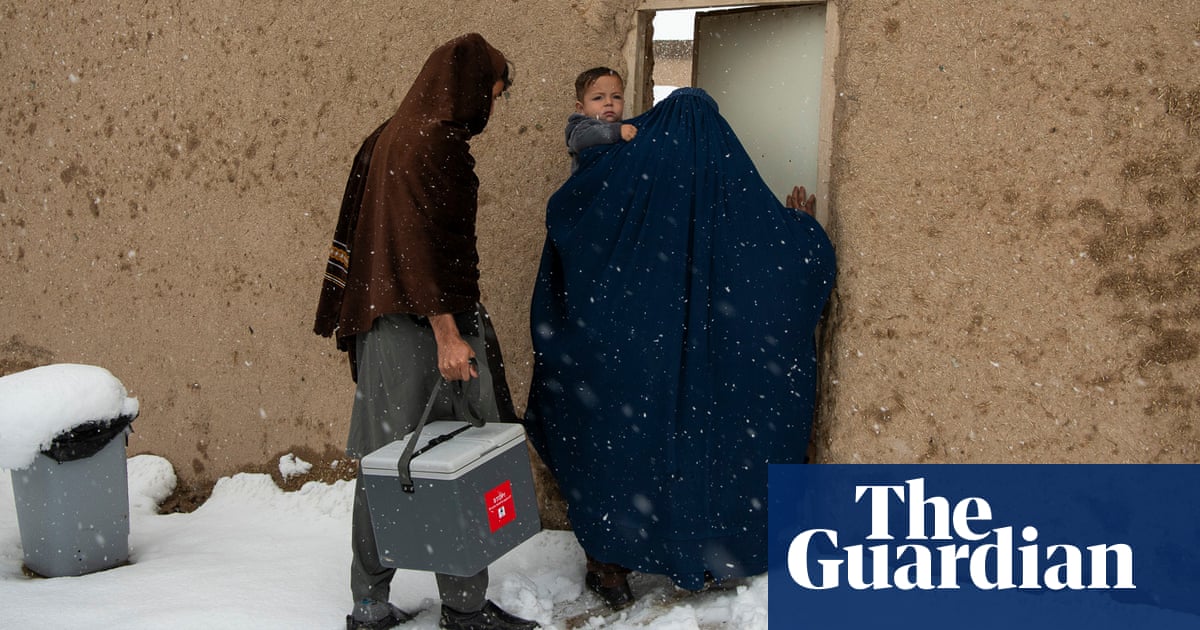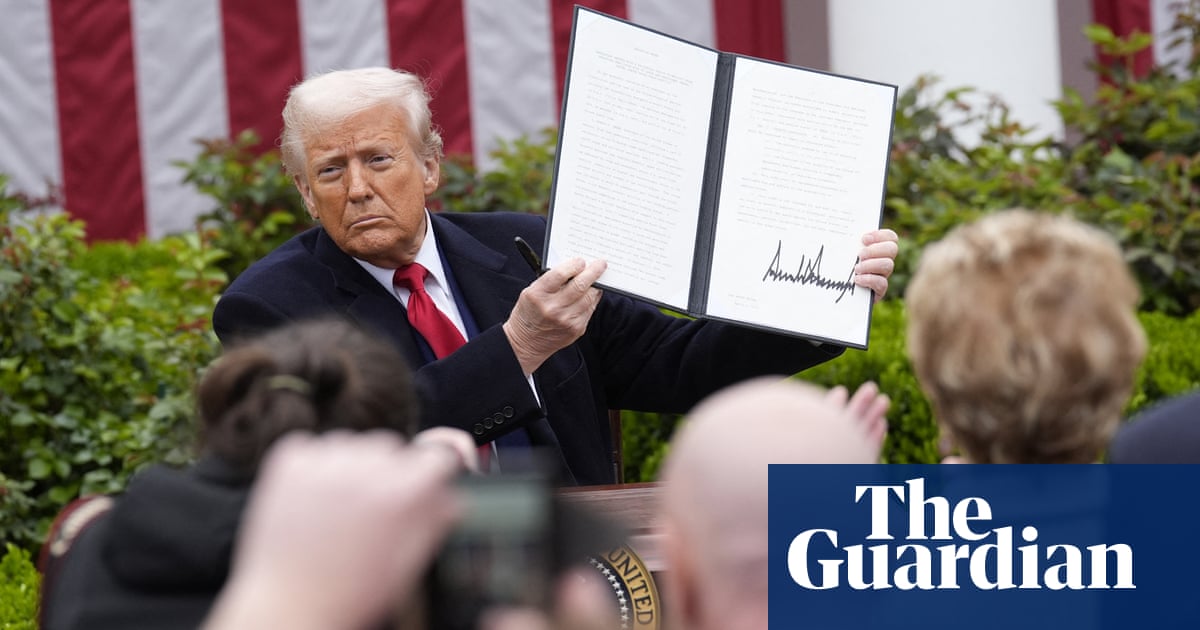As a deaf researcher focused on language deprivation among deaf individuals, I am often asked about cochlear implants and their role in the lives of deaf children (The cochlear question: as the parent of a deaf baby, should I give her an implant to help her hear?, 11 December). While cochlear implants are a technological tool that provides access to sound, the critical issue is not the implant itself, but the decision to exclude signed languages from a deaf child’s upbringing.
Language is a fundamental human right and the foundation of cognitive, social and emotional development. For deaf children, access to a visual language – such as American Sign Language or British Sign Language (BSL) – is essential, particularly in the early years when the brain is most receptive to language acquisition. Without this access, many deaf children can face significant delays in language development, which leads to lifelong challenges in education, employment and mental health.
Cochlear implants are not guaranteed to provide complete access to spoken language, and outcomes can vary significantly based on factors such as the child’s age at implantation, the quality of auditory training, and individual differences in how the brain processes sound. Even when cochlear implants are successful, it does not create effortless acquisition of language and they should not replace a robust foundation in a signed language.
Research shows that bilingualism in both a signed and spoken language enhances cognitive flexibility, academic achievement and social integration. Introducing a signed language does not hinder spoken language development; rather, it does the opposite, while also providing a safety net that ensures the child always has a fully accessible language.
Parents face complex decisions, but they should not be pressured to choose between cochlear implants or a signed language. Both can coexist, offering a holistic approach that respects the child’s potential and humanity. My hope is for families and professionals to prioritise the child’s linguistic rights and wellbeing, fostering a world where no deaf child experiences language deprivation.
Dr Wyatte Hall
Assistant professor of public health sciences, University of Rochester Medical Center, New York, US
Thank you for Abi Stephenson’s article on cochlear implants. My wife and I are proud parents to four children, the eldest three who were born profoundly deaf. Our local hospital, Addenbrooke’s in Cambridge, was amazing in the support we were given as parents and the support our children received. We were set on the cochlear implant (CI) route when they were infants and all three were implanted before their fourth birthdays. It was a difficult decision given the thinning of the skull surgery required for the computer element and the invasive surgery that went with the insertion of the implant itself.
We agonised over the decision. Would our older children resent our choices for their lives? The internet was in its infancy and of little comfort. Opposition to CI was vociferous, from the US especially. We figured, as the article states, that we were providing optional doors in later life for our infant children, which they could choose to open or close as adults.
Two decades later, our children are all successful in their lives. They all sign. They all speak. They all access the hearing world but enjoy and thrive in their deaf communities. My eldest daughter has passed her level 6 BSL course and my youngest daughter, who was born hearing, is finishing her degree this year as a speech and language therapist.
So many parents of deaf children have to go through hoops unimaginable for most parents: the lack of invitations to birthday parties in primary years; the Sat exams not entered for; the lack of ambition from careers advisers; and the aiming-low mentality of many. The loneliness of deaf children at times is heartbreaking.
Did we make the right decisions? Our children’s lives suggest so, but after all these years my wife and I still have many moments of guilt.
Simon Gair
Steeple Bumpstead, Essex
Abi Stephenson fully understood the difficulty of choosing whether a young child should be given a cochlear implant. Essentially, the issue of choosing for her to be Deaf (those who use signing and identify with the Deaf community) or deaf (those with a hearing impairment who communicate orally). I recognise and respect those who choose to be Deaf and recognise the richness and value of sign languages. As a deaf person, I received a great deal of support that allowed me to undertake full‑time education as an older adult in a creative career, allowing me an equal experience.
I received a cochlear implant as an older adult. I had worked and lived among hearing people with increasing levels of deafness for years. From my own experience, I found it possible to live a full and fulfilled life in the hearing world but it needed a good deal of effort and adaptation from both myself and those I worked and lived with. Even with support it was exhausting.
One issue that is rarely highlighted is the primary effect of deafness on engagement and relationships with others. It is my relationships with other people, hearing or deaf, at every level, that have been revolutionised by my cochlear implant, not just my ability to hear music (the most difficult) and to hear surrounding noise.
Ruth Holt
Halesworth, Suffolk
Abi Stephenson’s article was a compelling long read, and I am glad her daughter is thriving with her implant. Since 1980, I have been involved in the Deaf scene with a son who lost his hearing to meningitis at five months.
In the 1980s, cochlear implants were in their infancy. An ENT consultant confirmed the deafness, suspected by an astute young nurse on the isolation ward, and said Tom would go on a list to be one of the first to receive one in 10 years’ time. Sounded good to us, naive as we were. Without the peripatetic teacher of the Deaf assigned to us, we would have been left floundering. Signing was suggested and Tom’s language became the delight it remains to this day. He could play his rightful part alongside his brothers in a hearing family and our local community.
As a teenager, Tom requested an implant, which took years and much pressurising of the NHS to be fitted just before his GCSEs.
Many of the sometimes contentious points Abi describes are ones I considered for his biography. Generations of deaf families hand down Deaf culture and their beautiful BSL within the Deaf community – but his sudden deafness did not mean our son inherited that world. I agree with Tom Bertling’s warning in his A Child Sacrificed to the Deaf Culture that “parents should cast a cautious eye towards anyone wanting to sacrifice a deaf child towards preserving a culture”. Our son embraces both worlds and his three hearing children are bilingual – which says it all.
Jenny Froude
Author of Making Sense in Sign: A Lifeline for a Deaf Child

.png) 3 months ago
31
3 months ago
31
